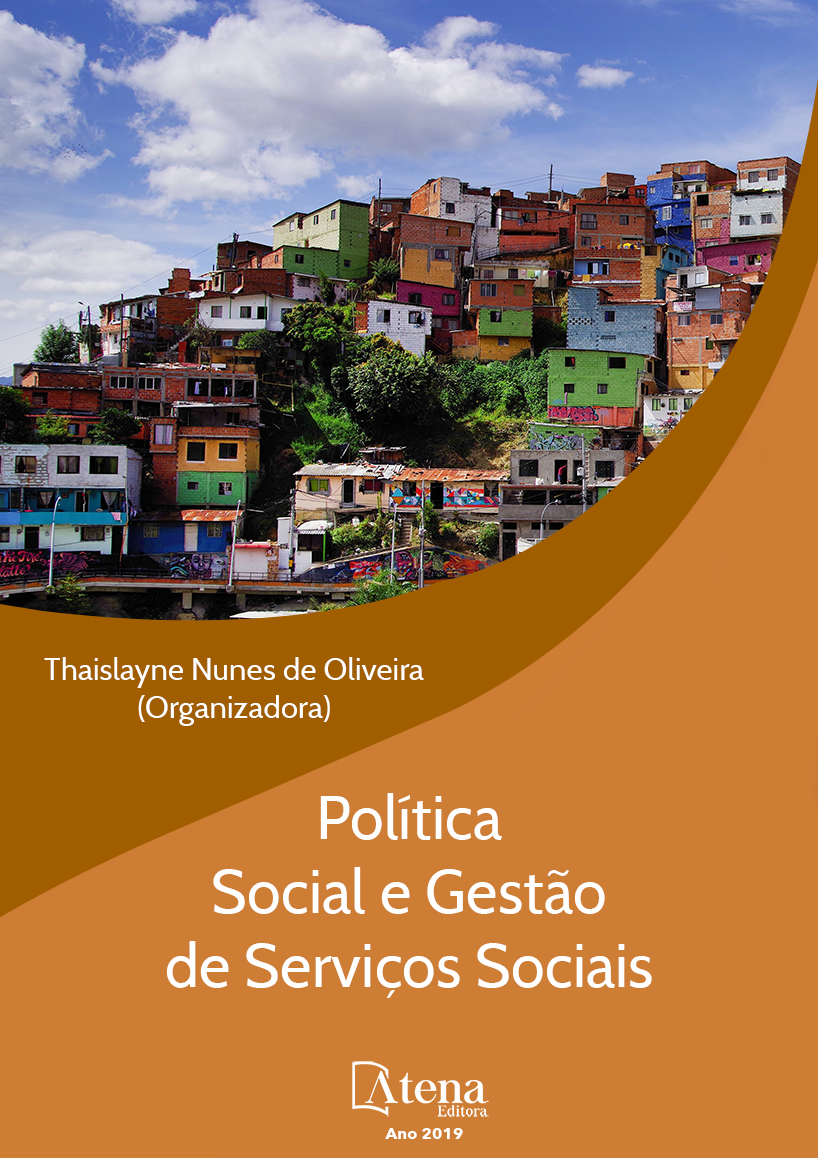
POBREZA, VULNERABILIDADE E PROTEÇÃO SOCIAL NO BAIXO AMAZONAS
O presente artigo é parte de uma
discussão realizada na tese de doutorado
defendida em dezembro de 2017 que discute
sobre pobreza, vulnerabilidade e proteção
social no município de Parintins no Baixo
Amazonas no estado do Amazonas. Trata-se de
uma pesquisa quantiqualitativa em que foram
entrevistadas 30 famílias durante o processo
investigativo. Compreende-se que a produção de
conhecimento sobre a pobreza, vulnerabilidade
e proteção social é indispensável para desenhar
e definir as políticas públicas de forma eficaz,
para promover a inclusão social da população
que não usufrui da riqueza socialmente
produzida, mas apenas experimenta o lado
amargo do sistema capitalista. Apesar do Brasil
ter diminuído a pobreza extrema, ainda encontra
importantes desafios, principalmente em
garantir a capacidade operacional de priorizar,
implementar e monitorar políticas antipobreza e
que garanta de fato o acesso aos direitos de
cidadania com qualidade. O estudo apontou
que o Programa Bolsa Família articulado às
ações do Serviço de Proteção e Atendimento
Integral à Família podem possibilitar avanços
na vida de seus beneficiários, contudo tem
que haver um maior investimento nos serviços
socioassistenciais atendendo a demanda da
população local.
POBREZA, VULNERABILIDADE E PROTEÇÃO SOCIAL NO BAIXO AMAZONAS
-
DOI: 10.22533/at.ed.5671925119
-
Palavras-chave: Pobreza; Vulnerabilidade Social; Proteção Social.
-
Keywords: Poverty; Social vulnerability; Social protection.
-
Abstract:
This article is part of a discussion of
the doctoral dissertation defended in December
2017 that discusses poverty, vulnerability and
social protection in the municipality of Parintins
in the Lower Amazon in the state of Amazonas.
This is a quantitative and qualitative research
in which 30 families were interviewed during
the investigative process. It is understood
that the production of knowledge about
poverty, vulnerability and social protection
is indispensable to design and define public
policies effectively, to promote the social
inclusion of the population that does not enjoy
socially produced wealth, but only experiences
the bitter side. of the capitalist system. Although
Brazil has reduced extreme poverty, it still faces
important challenges, particularly in ensuring
the operational capacity to prioritize, implement
and monitor anti-poverty policies and in fact
guarantee access to quality citizenship rights.
The study pointed out that the Bolsa Familia
Program, articulated with the actions of the
Integral Family Protection and Care Service, can make advances in the lives of its
beneficiaries, but there must be a greater investment in social assistance services
meeting the demand of the local population.
-
Número de páginas: 15
- Dayana Cury Rolim


